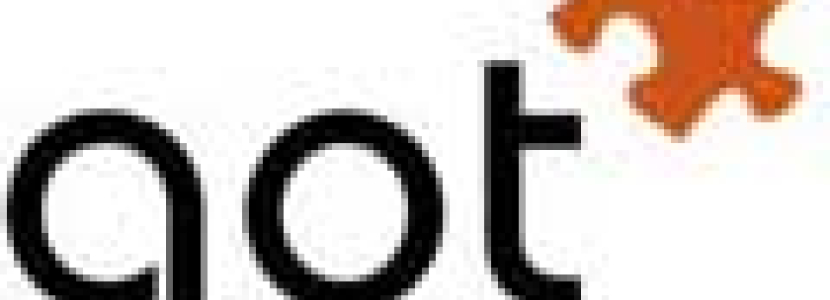
Without being staunch supporters of Eduard Punset, I would like to acknowledge his efforts to bring science into the homes of the general public, and above all to create exceedingly powerful mental images. One day, I discovered one of these images that, in my opinion, is very inspiring: that of the tunicates (commonly known as "sea squirts").
Sea squirts are saclike marine animals that live on the ocean floor, clinging to rocks. They dedicate most of their life to pumping seawater through a branchial sac in their bodies to filter it and feed themselves on what they obtain. With this kind of life, they do not need to move and, hence, do not have a brain, just a very rudimentary nervous system for controlling the pumping.
What is interesting is that they are not like this all their life; they start out as lavas with a tail, allowing them to swim, and a small brain which they use to find a good place to affix themselves. During this larval stage, tunicates are capable of distinguishing upward and downward movements, and their brain generates complex responses to environmental change, which they use to find a place to live.
On finding a suitable place and affixing themselves to a rock, they undergo a metamorphosis and literally eat their own brain. They have found a place where they can obtain everything they need by simply pumping mechanically, hence they do not need it. To quote Punset: “Without movement, without uncertain changes on the horizon, the brain becomes superfluous when there is nothing new to learn.”
Nevertheless, when the environment changes or food becomes scarce, the brainless tunicates are capable of meeting the challenge by reproducing. New lavas with brains then find new places to live, while their progenitors remain affixed to their rocks on the ocean floor.
I admit that this story has touch of fable to it, but like any self-respecting fable there is a message behind it. At moments like this, when the environment changes, old structures are no longer sufficient, and it is no longer possible to sit around waiting, we have to learn how to swim again. It is time to find a new niche and, therefore, a brain is very necessary.
During the boom years, those who stopped learning and absorbed their own brain, lost this capacity forever. We hope that we won’t eat our own brains when the economy picks up again.




